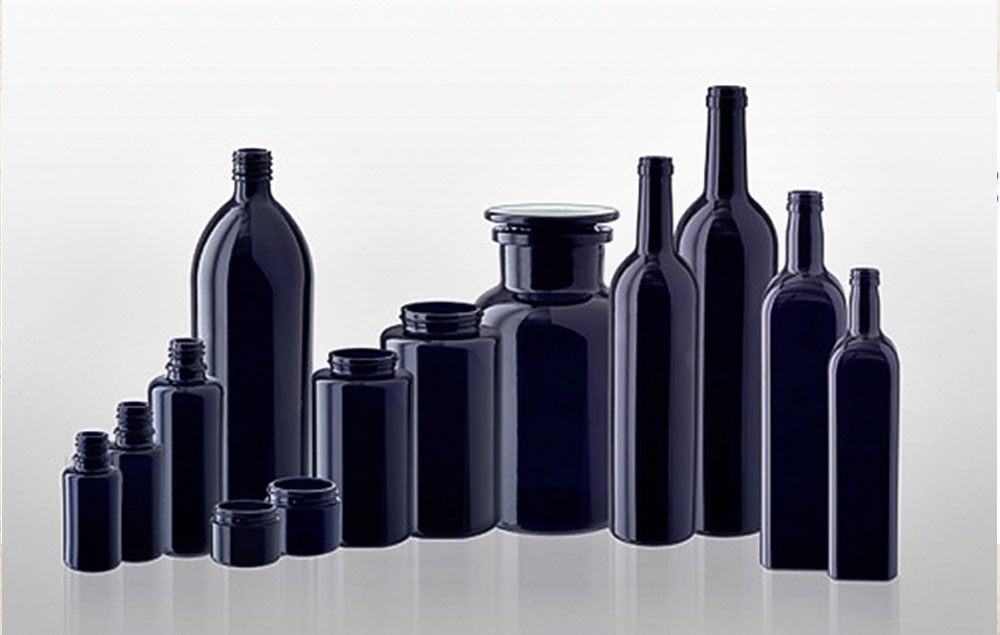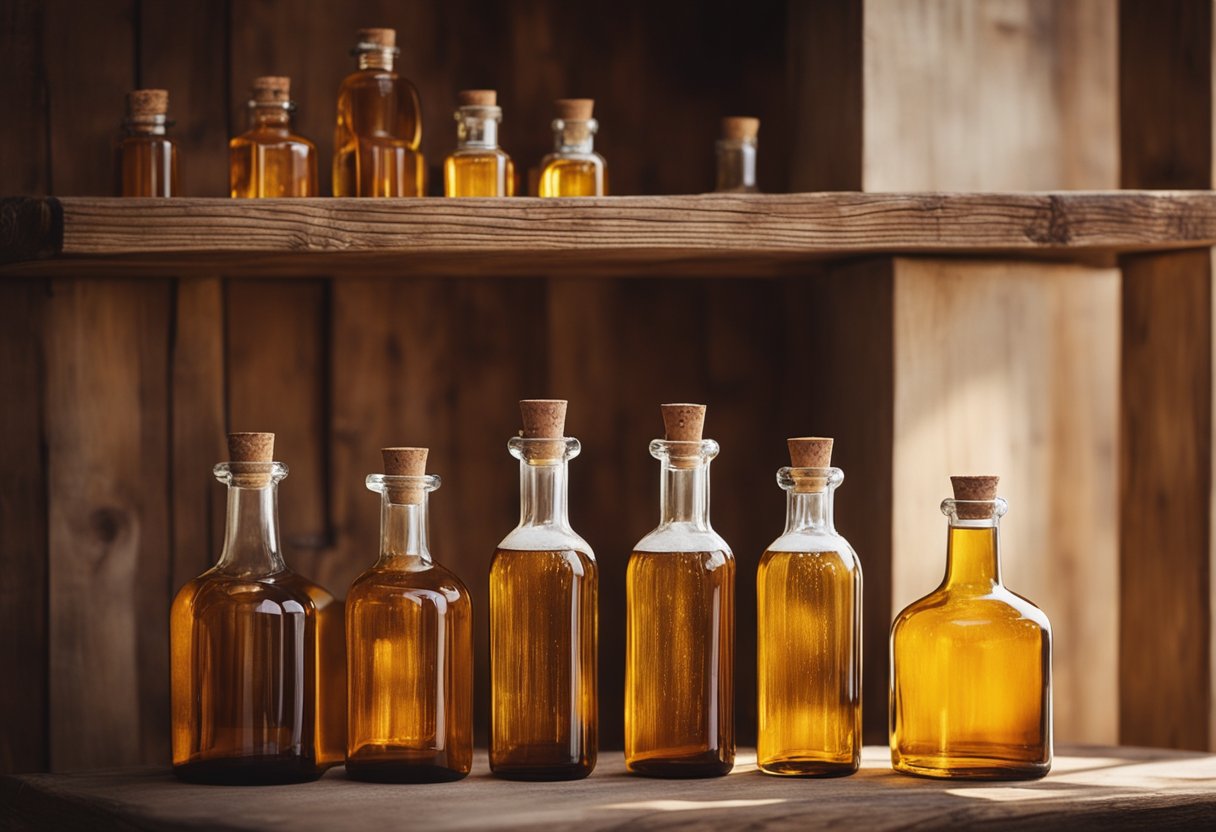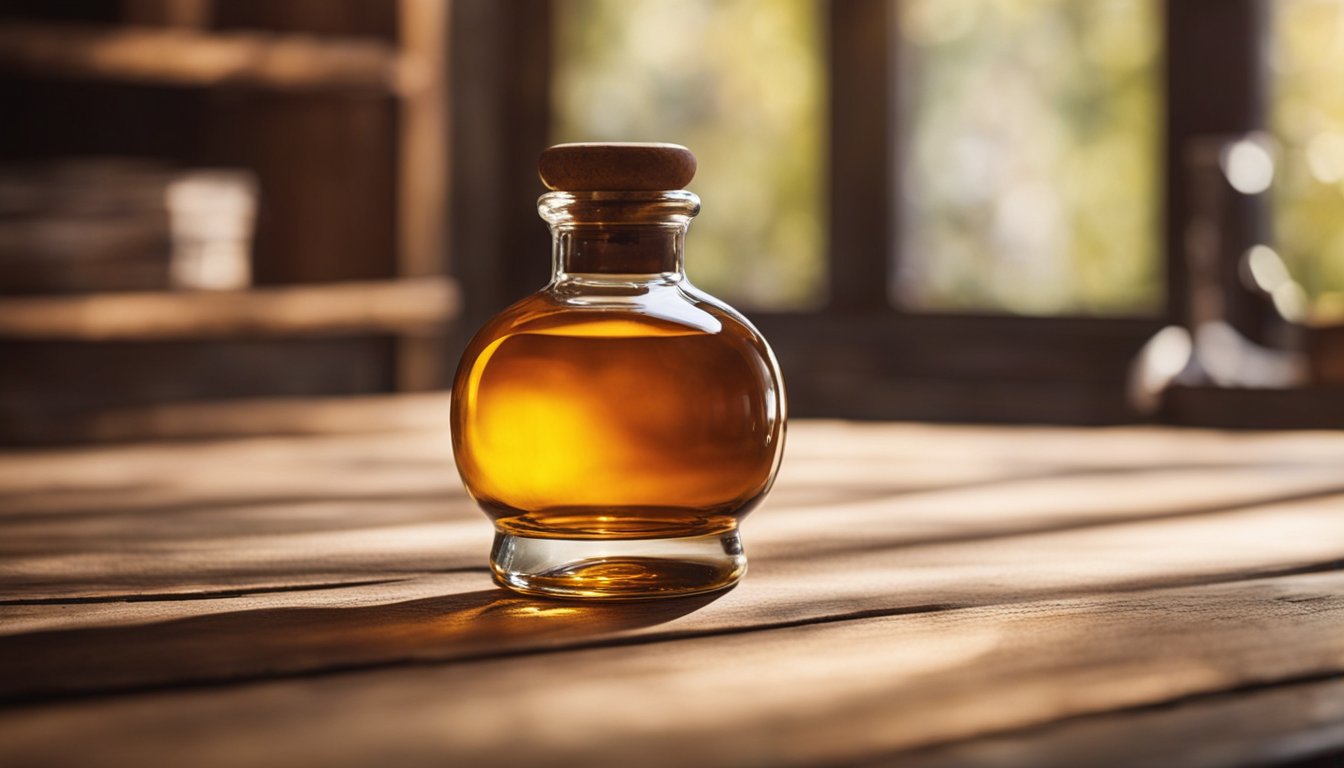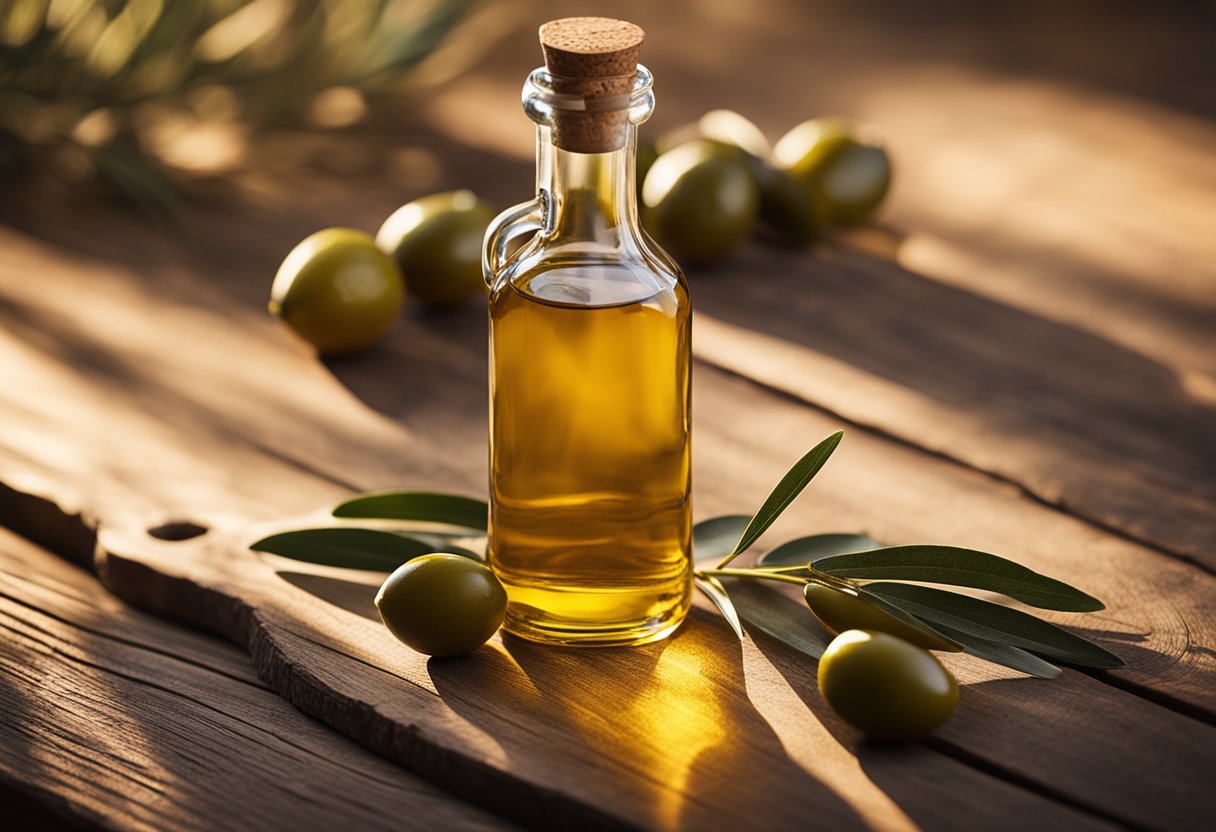
It’s fair to say that, in this world of endless digital opportunities, we are all a little obsessed with staying as present as possible. The rise of the “selfie” has been just one example of how manufacturers are tapping into consumers’ desire to live and share every moment of their lives. But what does this mean for manufacturers who want to stay ahead of the curve? In today’s fast-paced world, there is no room for error when it comes to manufacturing and packaging processes – especially if you work in food or beverage production. As a result, many manufacturers have begun adopting more specialized equipment and materials that go above and beyond standard features. One such trend is ultraviolet (UV) glass jars for food storage.
What exactly is an Ultraviolet Glass Jar?
An ultraviolet glass jar is a specially designed glass jar that uses ultraviolet light to extend the shelf life of the foods and beverages being stored inside. These jars are typically used for dry foods that do not contain any oils or fats (although some manufacturers are now making jars with sealants that are safe for use with oils). While ultraviolet glass jars are most well-known for extending the shelf life of dry goods, they can also be used to protect liquids like water and wine. Ultraviolet glass jars differ from standard glass jars in that they have a UV coating that is used to filter incoming light. UV rays are harmful to products being stored, as they can cause oxidation and break-down of ingredients. Ultraviolet glass jars block these rays, extending the shelf life of products being stored and ensuring that their quality and flavour remain consistent for longer.
UV Benefits for Food Storage
UV glass jars have a number of benefits when it comes to the safe storage of food and beverages. On the most basic level, these jars are designed to extend the shelf life of products being stored, ensuring that consumers can keep products on hand longer. UV glass jars can also be used to prevent products from spoiling too quickly. Ultraviolet glass jars are also useful for regulating humidity levels within a product’s container. This is important in the food industry, as different types of foods require different levels of humidity. For example, grains and legumes require low humidity so that they don’t get moldy. Meanwhile, coffee and herbs require relatively high levels of humidity to stay fresh. By regulating humidity within the jar, UV jars allow food manufacturers to store products in the ideal conditions and prevent spoilage.
Advantages of Using UV Glass Jars
UV glass jars have a number of advantages when it comes to food production. UV glass jars are specially designed to protect products from harmful light and UV rays. This means that products stored in UV jars are less likely to “break down” and spoil. UV glass jars also provide a much higher level of protection than standard glass jars. The UV coating on the jars blocks light from entering the jar, and it is designed to withstand high temperatures and pressure. This allows UV jars to be used in boiling water, pressure cookers, and even microwaves. These jars are also designed to be shatter-proof, which is particularly useful in food production. Shatter-proof jars are useful for preserving the integrity of a product’s packaging. When a standard glass jar breaks or shatters, it can pose a risk to consumers, as broken glass can cut open hands and be harmful to skin.
The Downside of UV Glass Jars
While UV glass jars are a great option for many production lines, they aren’t perfect. Because UV jars rely on light to extend their shelf life, they should not be used to store products that are sensitive to light. For example, UV jars are not a good solution for storing organic produce or other food items that are sensitive to light. Ultraviolet jars also have a shorter shelf life than other options. Unlike stainless steel jars, which can last for decades, UV jars have a shelf life of around 10 years. This is due to the UV coating on the jars wearing out over time, which can cause them to lose some of the light protection they offer.
Key Takeaway
As technology continues to advance and consumers demand more from their products, manufacturers will have to adapt by adopting more specialized equipment and materials. This will ensure that their products stay fresh and safe for longer, without compromising on aesthetics or design. Ultraviolet glass jars are one example of how manufacturers can stay ahead of the curve by adopting a new technology. These jars are specially designed to protect against harmful light and extend the shelf life of products being stored. They can be used to store both dry and liquid products, such as water and wine. Ultraviolet jars also have a number of advantages, such as being shatter-proof and designed to withstand high temperatures. However, ultraviolet jars are not suitable for every product, and they have a shorter shelf life than other materials. Ultraviolet glass jars are a great solution for keeping products safe and fresh, but manufacturers must choose the right jar for the job.













